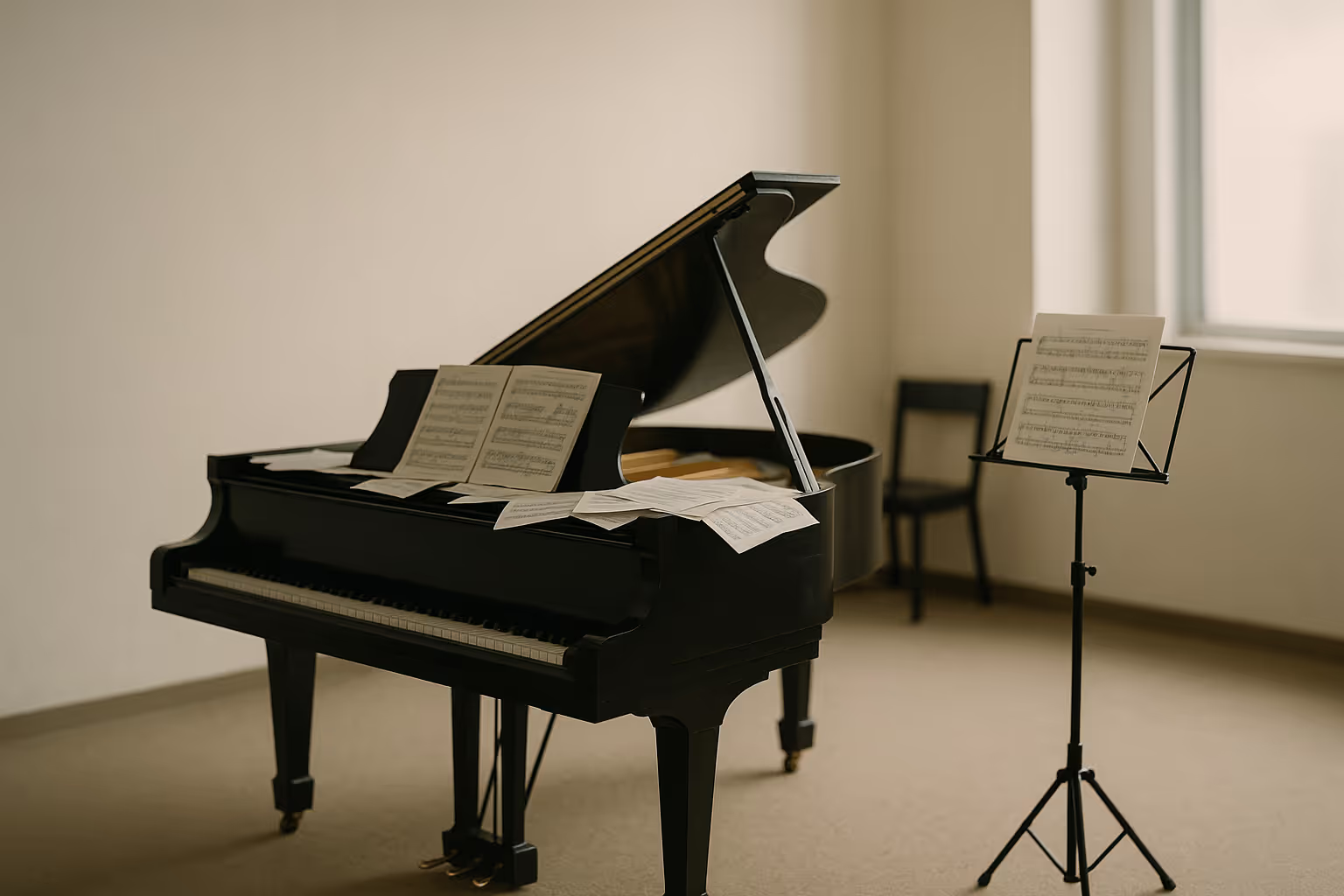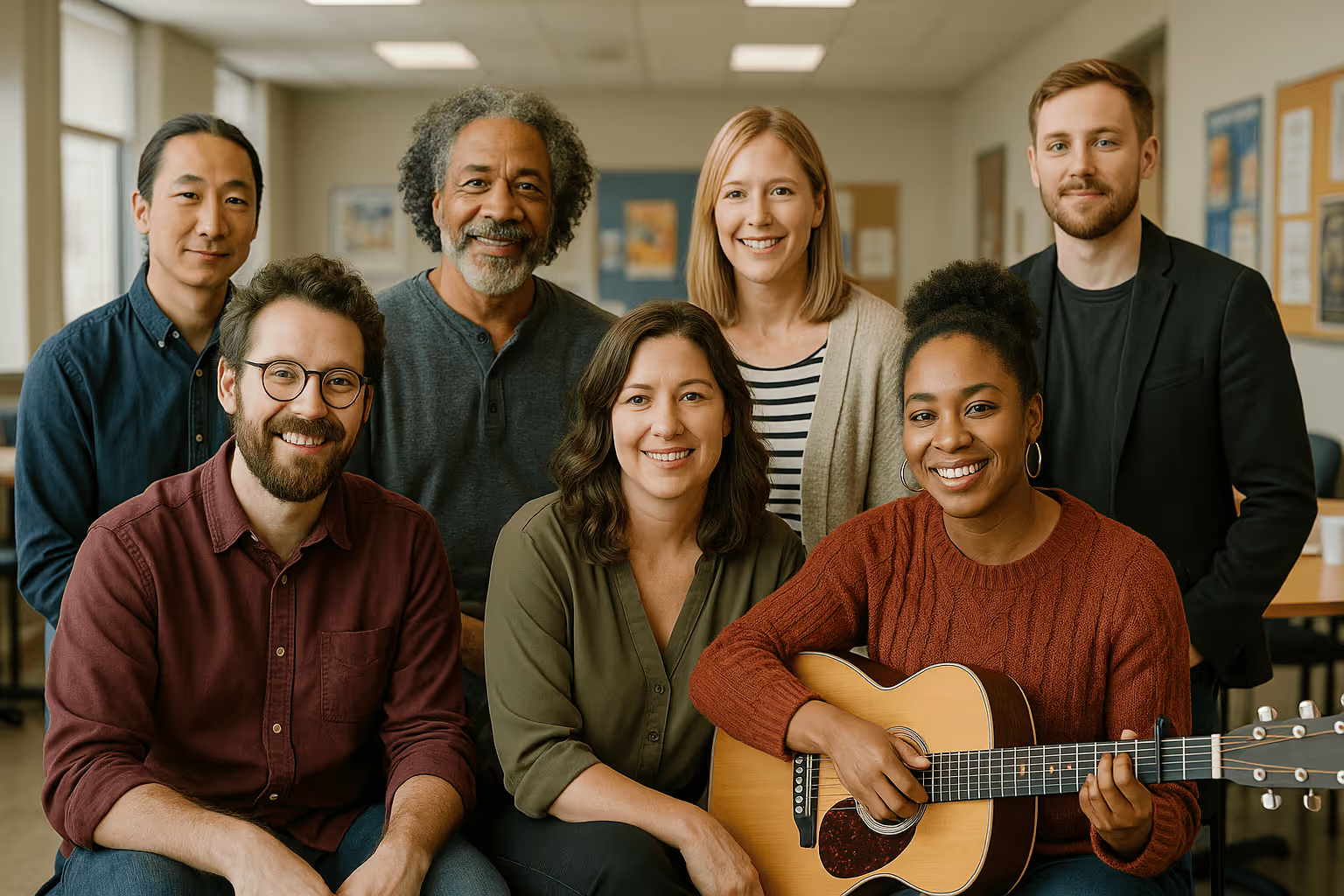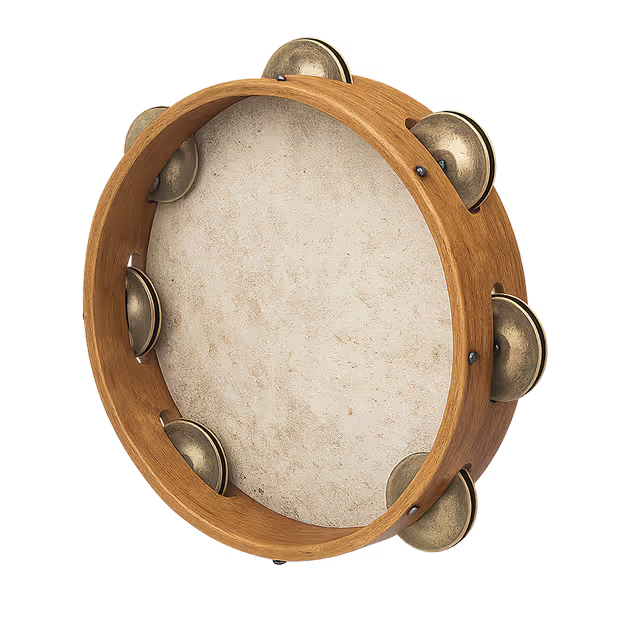Introduction
Many people believe that music education is something you must start as a child — but that’s far from true.
Learning an instrument at any age can bring joy, mental clarity, and emotional balance. Music remains one of the few lifelong gifts that grows with you.
Here’s what you’ll discover in this article:
• Why music benefits adults as much as children
• How playing an instrument improves your mind and mood
• Simple steps to start learning at any age
Music Improves Brain Function at Any Age
Playing an instrument activates multiple areas of the brain, improving coordination, memory, and emotional awareness.
Adults who learn music often experience reduced stress, sharper focus, and greater mental flexibility in daily life.
Music Helps Build Routine and Discipline
Practicing regularly—just 20 minutes a day—creates a sense of structure and consistency.
Music lessons teach patience and time management, helping adults balance their creativity with their responsibilities.
It’s Never Too Late to Perform
Performing isn’t reserved for children or professionals.
Whether you’re playing for friends or joining a community recital, sharing your music builds confidence and joy.
“I never thought I’d be able to play the piano. Serenade made it simple and enjoyable. The instructors are incredibly patient and passionate. Highly recommended for anyone starting their musical journey.”
Music Creates Connection
Music brings people together. Group classes and jam sessions are opportunities to connect with others who share your passion.
You don’t just learn an instrument — you join a community that celebrates creativity and growth.
Conclusion
Music learning is not bound by age; it’s guided by curiosity and heart.
Every adult who begins their journey proves that music’s power never fades.
Key takeaways:
• Learning music strengthens the brain and reduces stress
• Practice builds confidence, patience, and focus
• It’s never too late to start — your musical story can begin today
.avif)




.svg)
